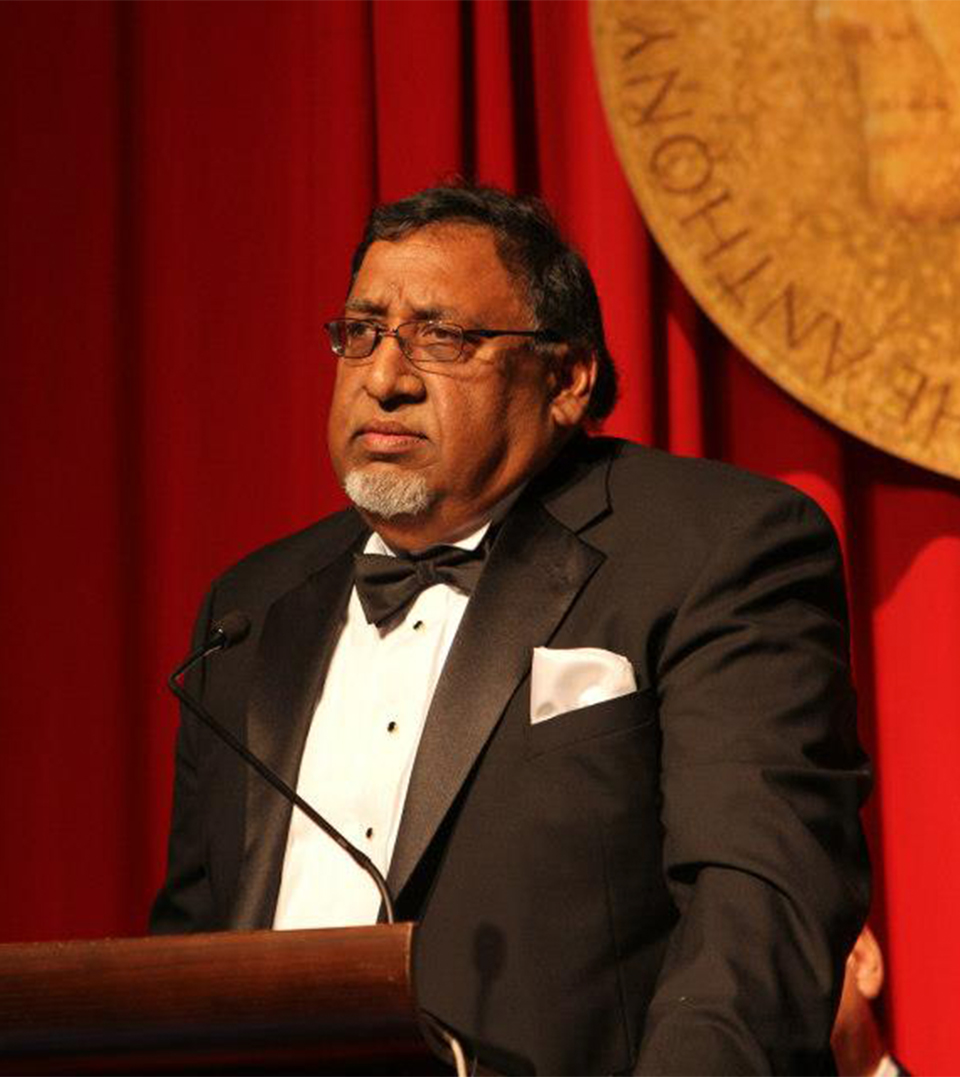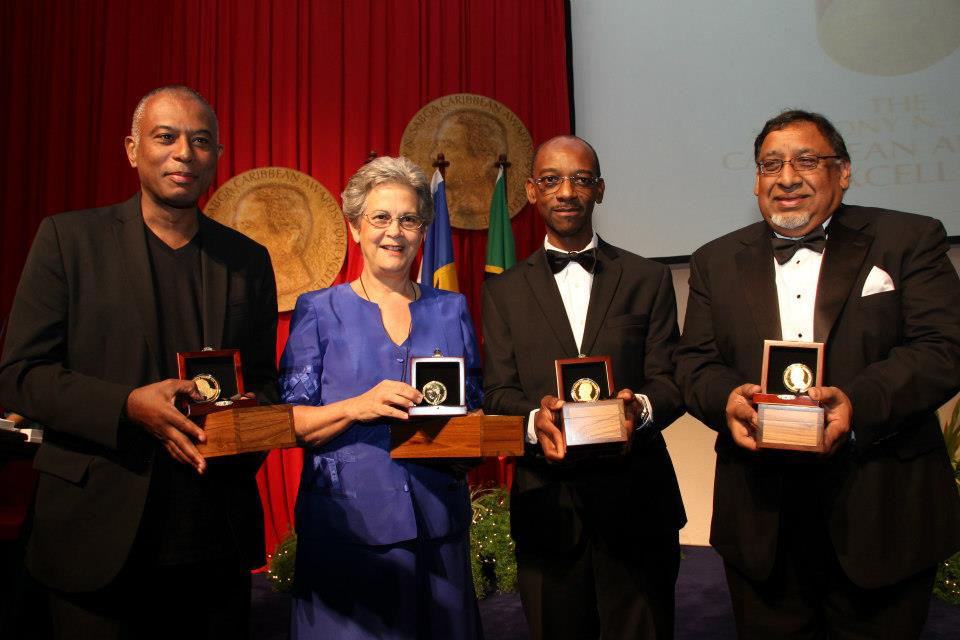Prof. Dave Chadee is a Trinidadian entomologist and parasitologist, and an expert in vector- borne diseases whose work has positively affected the lives of hundreds of millions of people across the world. He worked for two decades with the Trinidad & Tobago Ministry of Health before joining the UWI, St Augustine, in 2004. At UWI, he is professor in the Department of Life Sciences, Co-Chairman of the Tropical Medicine Cluster: Infectious Diseases, and Co-Chairman of the Biodiversity and Environmental Cluster: Biogenics of Natural Products.

Prof. Dave Chadee
He has also led research into mosquito-spread diseases such as dengue fever, yellow fever, and malaria. Prof Chadee is also an adjunct professor in the Department of Epidemiology and the Global Health Programme at the University of Miami.
His research interests range over broad areas of tropical epidemiology: ecology and parasitic diseases; biology, ecology, and control of insect vectors; insecticide resistance mechanisms and management of vector populations; development of novel approaches for vector management and control; egg-laying behaviour of mosquitoes; and climate change and public health.
The practical applications of his research can be found in areas like the relation between climate change and dengue outbreaks in the Caribbean, and various other dengue-related areas like mosquito breeding patterns in the region; the effect of parasites on regional ecologies; the impact of cell-tower radiation on the well-being of local populations; and the transmission of STDs (specifically trichomoniasis). His work on mosquitoes has led to the development of mosquito traps, new disease surveillance systems, and new control strategies.


His research achievements have earned him awards like the Most Outstanding Researcher in the Faculty of Science and Agriculture, UWI, St Augustine (2012), a Vice Chancellor’s Award for Research Excellence (2010), being named one of UWI’s “60 under 60” outstanding academics, and a Bill and Melinda Gates Foundation Grant (Contract).
The quality of his research is further attested to by the six monographs and 200 papers he has published in collaboration with a wide range of partners in peer-reviewed journals, including the prestigious Science and The New England Journal of Medicine. His expertise is highly sought after by international agencies such as the World Health Organisation, the Pan-American Health Organisation, the International Atomic Energy Agency, and Caricom, all of which have appointed him to influential committees.

